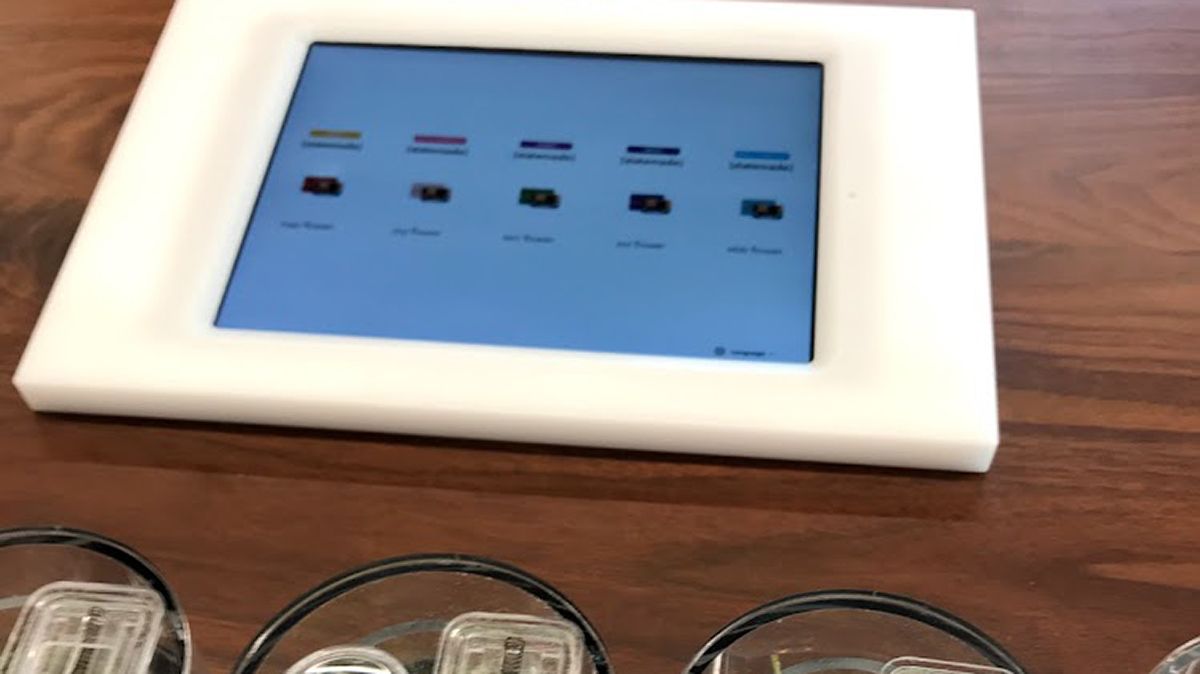Most dispensaries across the United States still do not allow cannabis purchases using major credit cards, and even debit card use remains limited. The reason lies in federal law and strict card network rules that govern how financial institutions handle transactions related to cannabis.
Because cannabis remains illegal under federal law, even though it’s legal in many states, Visa and Mastercard classify cannabis transactions as prohibited. Both networks have issued direct warnings to banks and payment processors not to route dispensary transactions through their systems. In late 2021, Visa advised institutions that “cashless ATM” workarounds (machines that disguised cannabis sales as ATM withdrawals), violated their regulations. Mastercard followed in July 2023, instructing banks to stop authorizing marijuana-related purchases on debit cards. As a result, many dispensaries reverted to cash-only payments, on-site ATMs, or alternative banking and payment apps designed specifically for the cannabis sector.
Some dispensaries still offer a form of “PIN debit” payment, where customers enter a PIN number much like a standard debit transaction. However, these systems often operate through narrow loopholes or specialized financial intermediaries, making them vulnerable to sudden shutdowns if card networks object. Consumers are generally advised to bring cash or have a backup payment method ready, as debit options can change unexpectedly.
Looking to the future, there are two main developments that could improve cannabis payment options.
- Federal banking reform through the SAFER Banking Act.
The proposed SAFER Banking Act would prevent federal regulators from penalizing financial institutions that work with state-legal cannabis businesses. While the act wouldn’t legalize cannabis or require Visa or Mastercard to process payments, it would make banks more comfortable offering accounts and payment services to dispensaries. The bill passed through the Senate Banking Committee in 2023 and has since seen bipartisan support, but it has not yet become law. If enacted, the industry could see an expansion in legitimate debit and ACH payment options, though traditional credit card use would likely remain off-limits until card networks revise their internal policies. - Federal rescheduling of cannabis.
In 2024, the Department of Justice proposed moving cannabis from Schedule I to Schedule III under the Controlled Substances Act. This change, while not a full legalization, would acknowledge cannabis’s accepted medical use and reduce tax burdens on licensed operators. A Schedule III classification could also ease the compliance concerns of banks and financial institutions, gradually expanding legitimate access to financial services for cannabis businesses. Still, even with rescheduling, Visa and Mastercard could maintain their ban on cannabis transactions until Congress addresses the broader conflict between state and federal law.
Current consumer expectations.
For now, most dispensaries rely on three main payment methods:
- Cash, often supported by on-site ATMs.
- ACH or direct bank-to-bank transfers through cannabis-compliant financial technology platforms.
- PIN-based systems, which function like debit cards but are subject to regulatory risk.
If a dispensary advertises the ability to accept standard credit cards, that’s typically a sign of misrepresentation, either the transaction is being disguised as another type of sale or restricted to non-cannabis merchandise. Consumers should remain cautious, as transactions processed this way can be reversed or flagged by banks.
As banking and cannabis regulations evolve, the most likely short-term improvements will come from more stable and transparent debit and ACH systems. True acceptance of credit cards for cannabis purchases, however, will probably remain out of reach until federal law changes or the major card networks update their internal restrictions.






